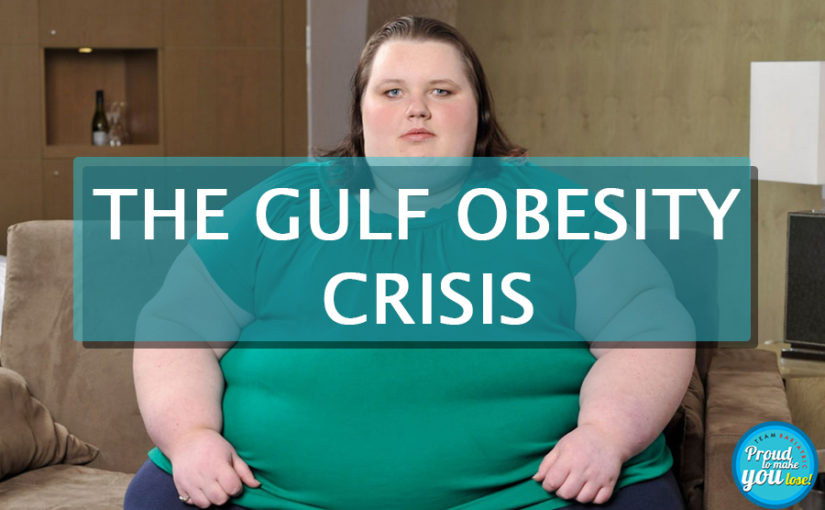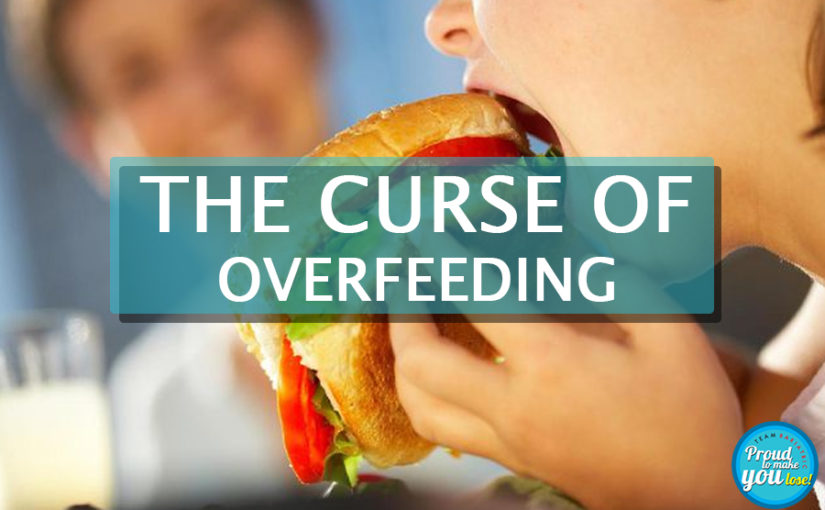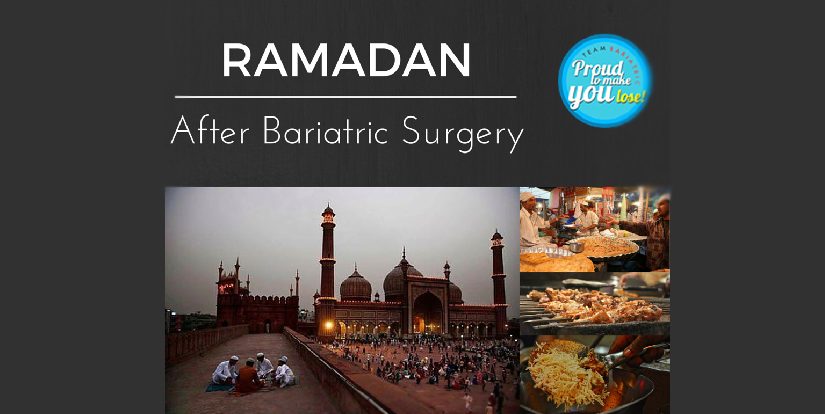Gulf Obesity Crises: The Global Health Challenge
Obesity is now the biggest healthcare challenge worldwide, approximately one in three is either obese or overweight. Gulf obesity has particularly surged, overtaking malnutrition and infectious diseases as the world’s no.1 health problem.
Obesity in the Middle East
The problem is even bigger in the Middle East. According to one study, 51 million people in the Gulf are classed as obese. An epidemic indeed. In the same study, Qatar is reported to have the highest incidence of obese men (44 percent) in the Middle East and North Africa region, followed by Kuwait (43 percent) and Bahrain (31 percent), while the prevalence of obesity among women exceeded 50 percent in three Middle Eastern countries; Kuwait (59 percent), Libya (57 percent) and Qatar (55 percent).
Economic Impact of Obesity
Not only does obesity carry serious consequences for people’s health, but it also carries a global cost of $2 trillion, consuming 2.8 percent of the global Gross Domestic Product and demanding approximately 15 percent from the healthcare budgets of developed countries, according to the authors of the McKinsey report.
Researchers have produced the startling forecast that if current obesity rates continue, almost half of the world’s adult population will be overweight or obese by 2030.
Rising Demand for Bariatric Surgery
The demand for bariatric surgery is increasing by 20 percent annually in Gulf countries, however in many cases it is out of necessity rather than choice. Bariatric surgery is proven to reduce the risk of serious health complications associated with obesity such as cardiovascular disease, sleep apnea, certain cancers, and perhaps most pressing for the region, type 2 diabetes. According to experts, we must not believe that obesity is not self-inflicted or a lifestyle choice, rather than a critical health issue.
Challenges and Criticism
It is these damaging perceptions that have led to widespread criticism of bariatric surgery, which can cost between $8,000 and $15,000, as many claim that the procedure is becoming a substitute for a lifestyle overhaul. It is from this viewpoint that a serious stigma has emerged.
Economic and Health Benefits
An increase in bariatric procedures could also realize financial savings for governments and healthcare systems alike, as patients who have undergone surgery, are more likely to avoid life-threatening and costly conditions such as heart disease and diabetes, which currently affects approximately one in ten adults in the Middle East and North Africa region.
Youth and Bariatric Surgery in the UAE
More young patients end up undergoing bariatric surgery in the UAE
Doctors advise weight-loss procedures if children have high BMI and other health issues
Obesity Statistics in the UAE
Abu Dhabi: With obesity cases rising in the UAE, more and more younger patients are being recommended for weight-loss surgeries, experts have said.
The surgeries are a last resort in the fight against obesity and its related complications. They are often a better choice than letting children’s health get progressively worse.
Global Obesity Trends
Statistics compiled by regulator Health Authority Abu Dhabi (Haad), indicate that nearly 30 percent of school-going children in Abu Dhabi are overweight or obese and the proportion rises to 40 percent among teenagers. Worldwide obesity has nearly doubled since 1980 and in 2011 more than 40 million children under the age of five were overweight (WHO).
Unless we take some drastic and wide-ranging measures, obesity will soon become the world’s biggest and most expensive health issue ever.
A food for thought, shall we say.








